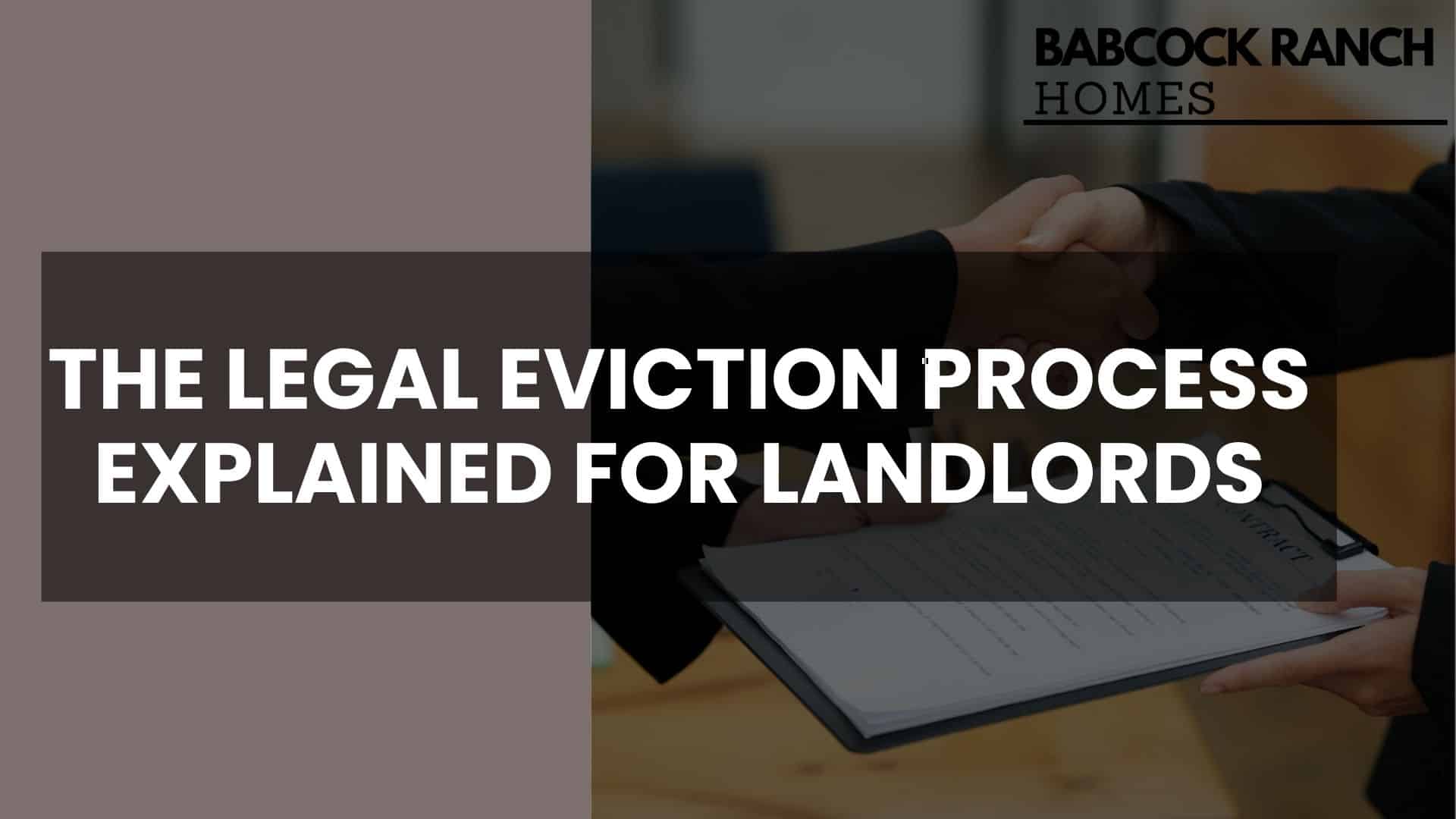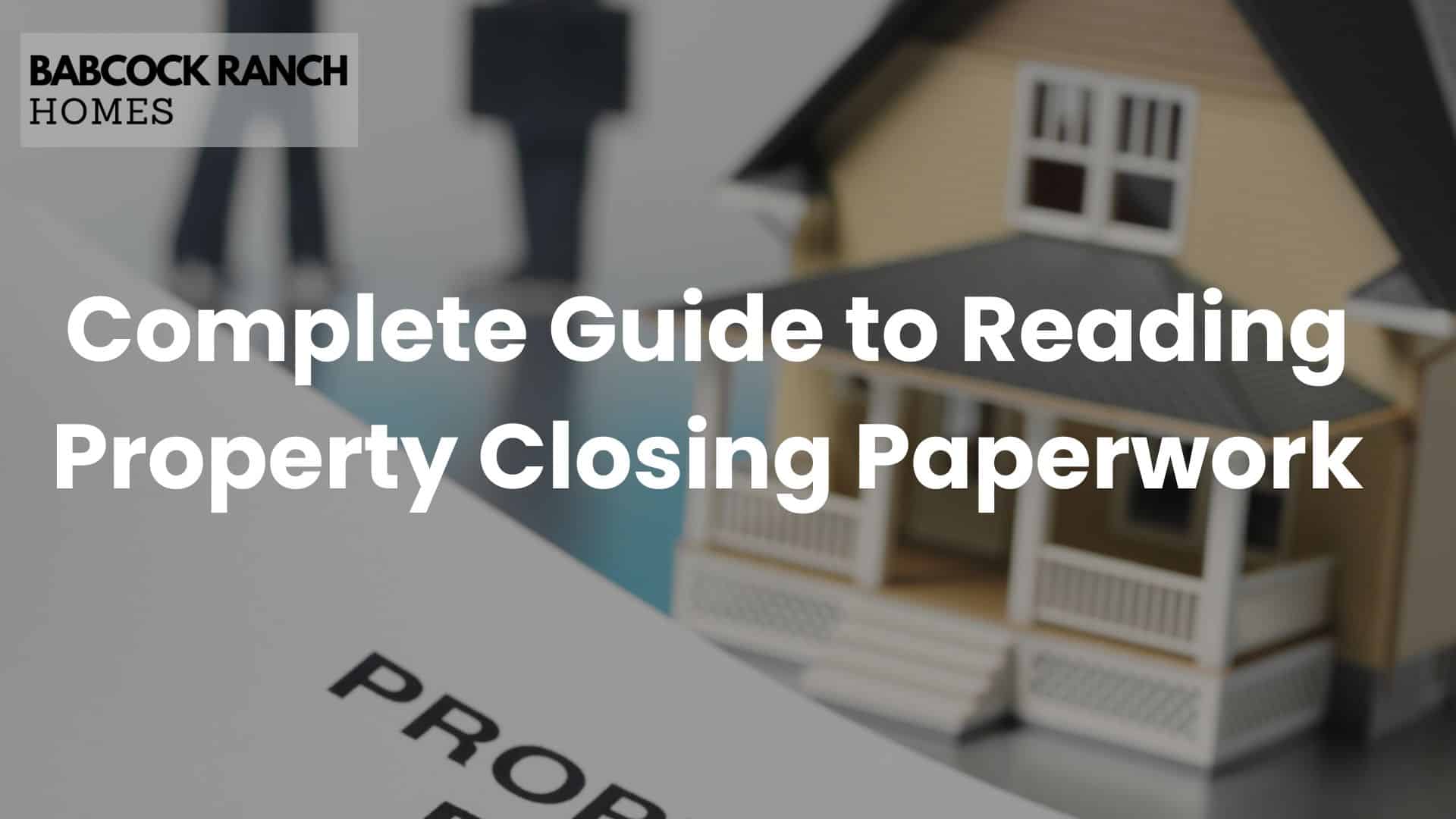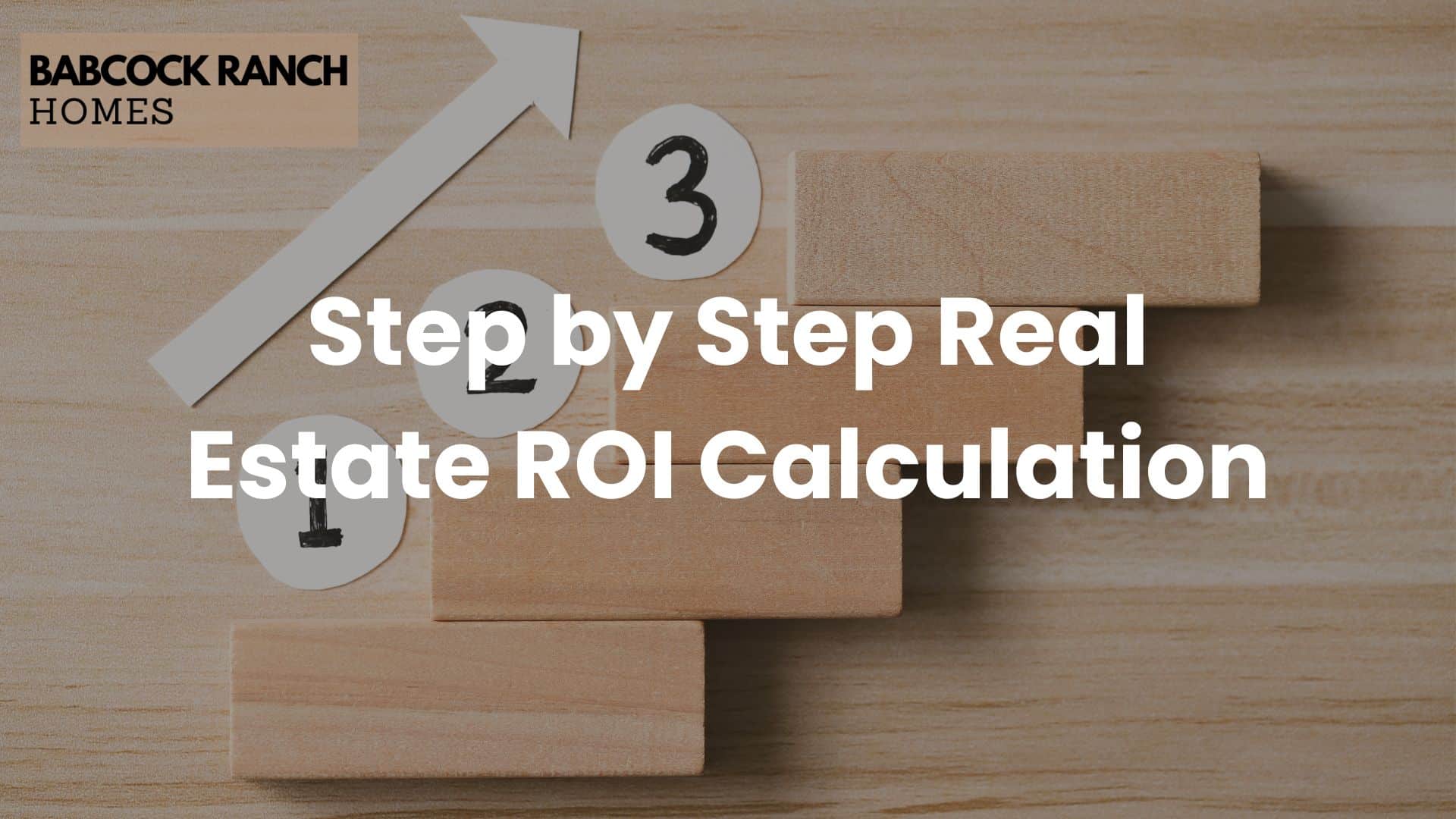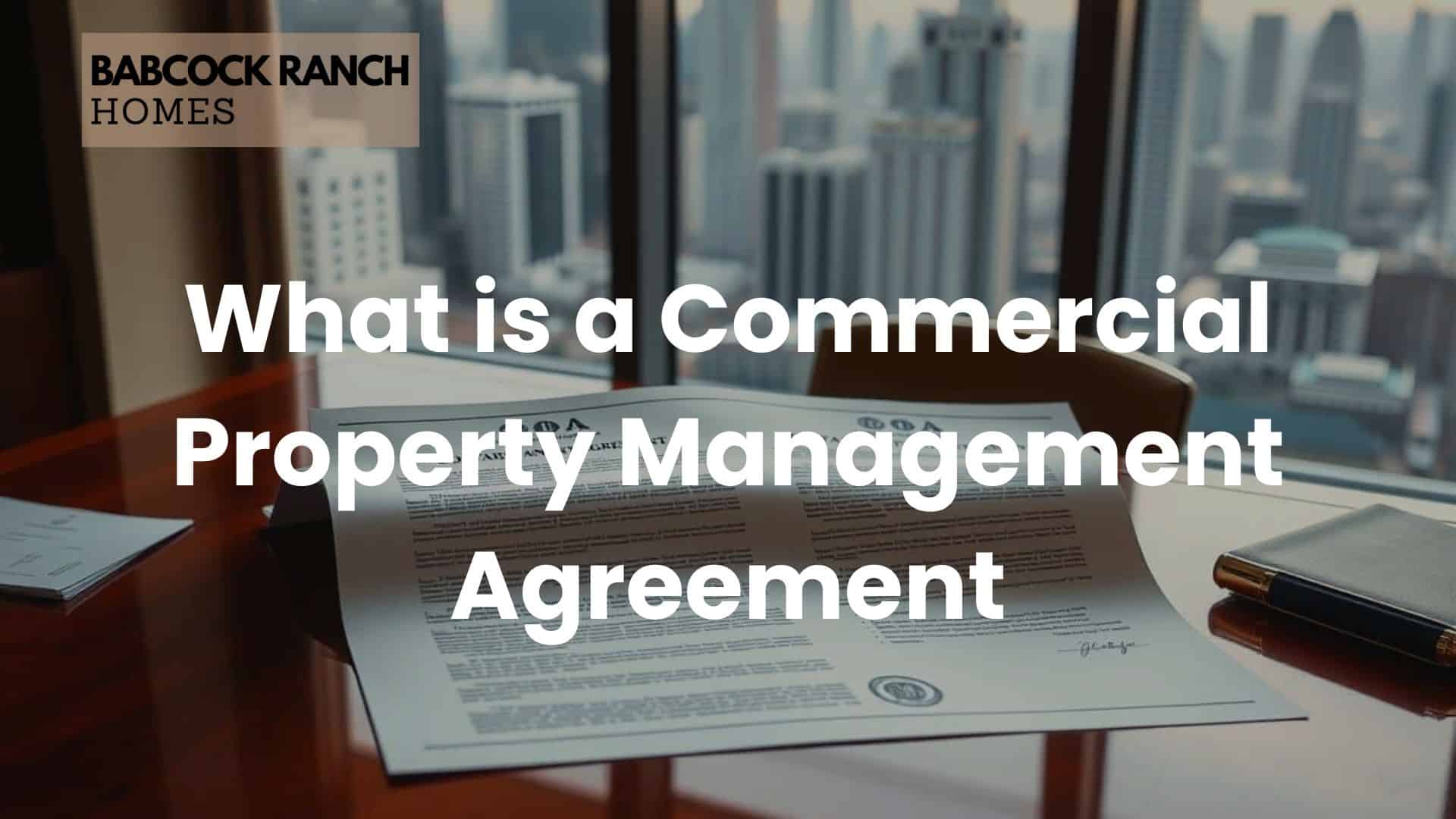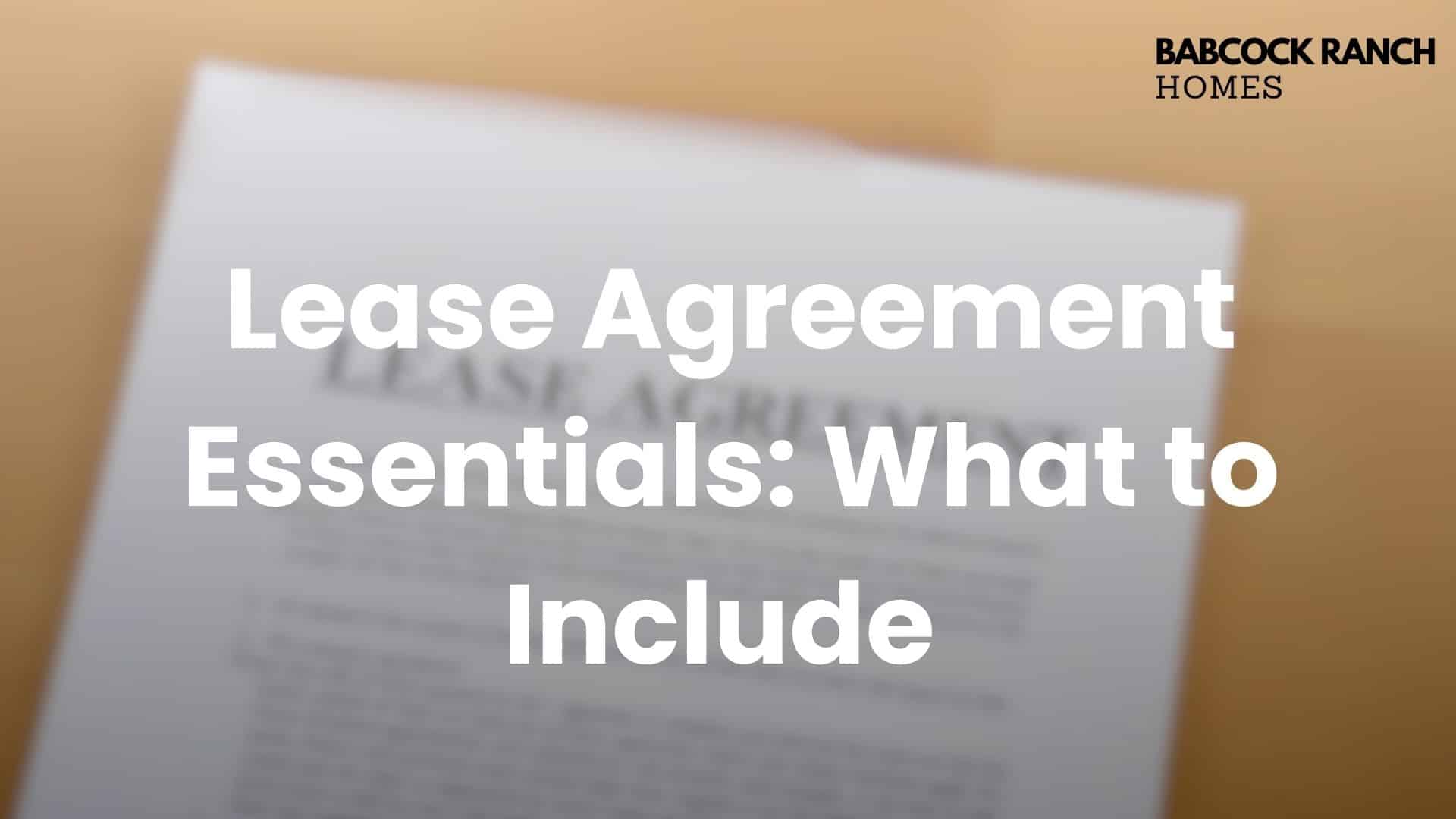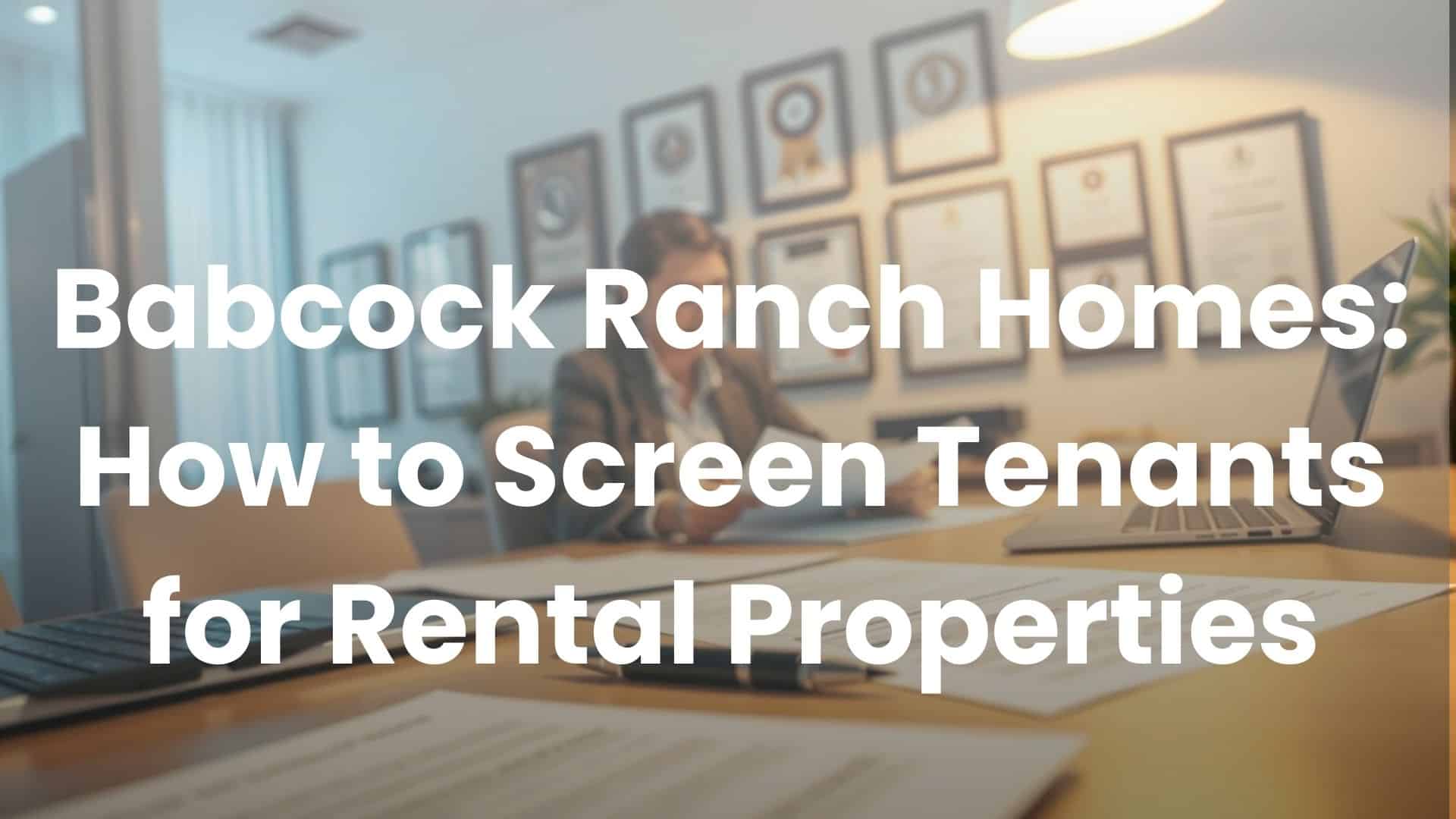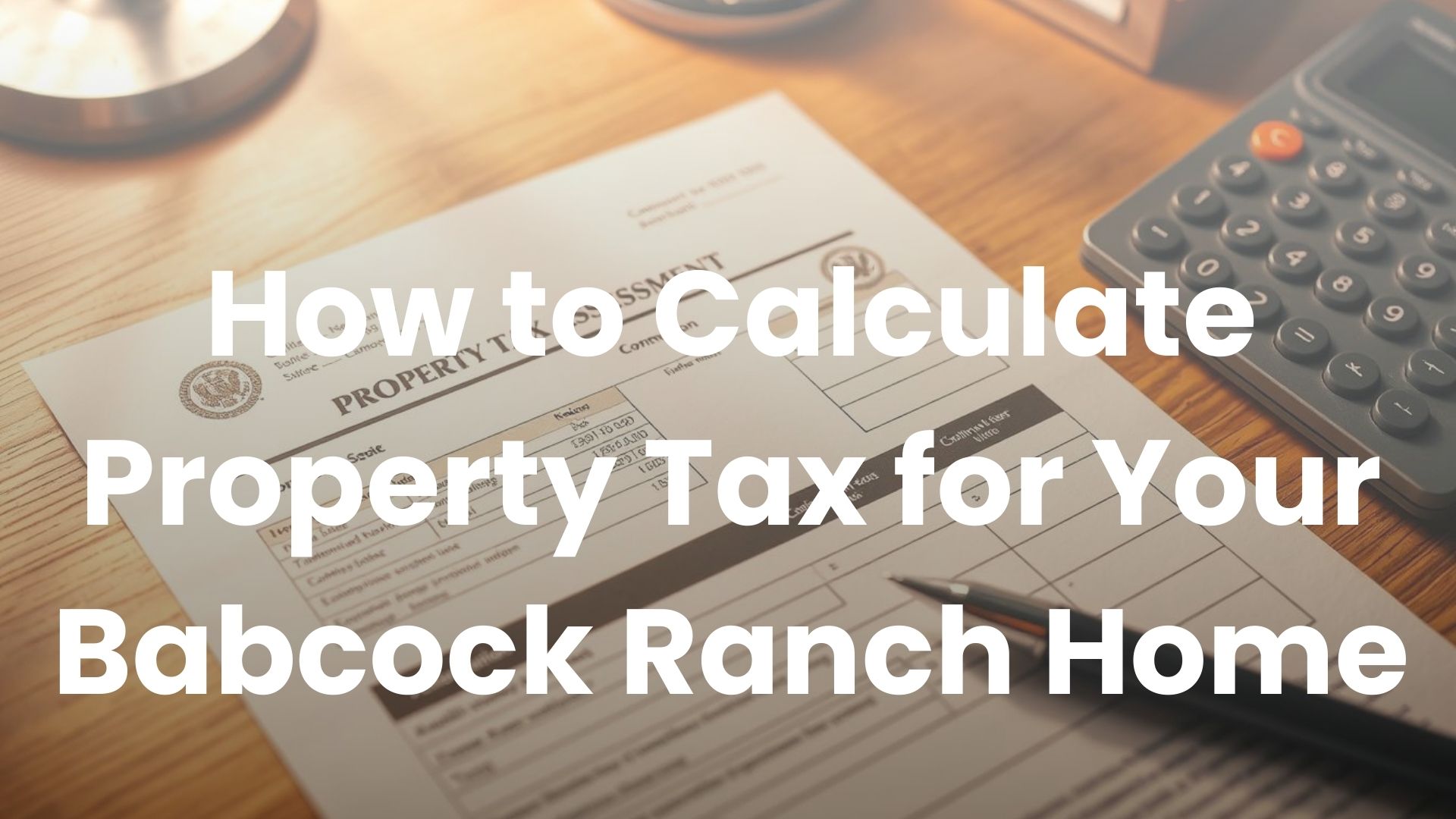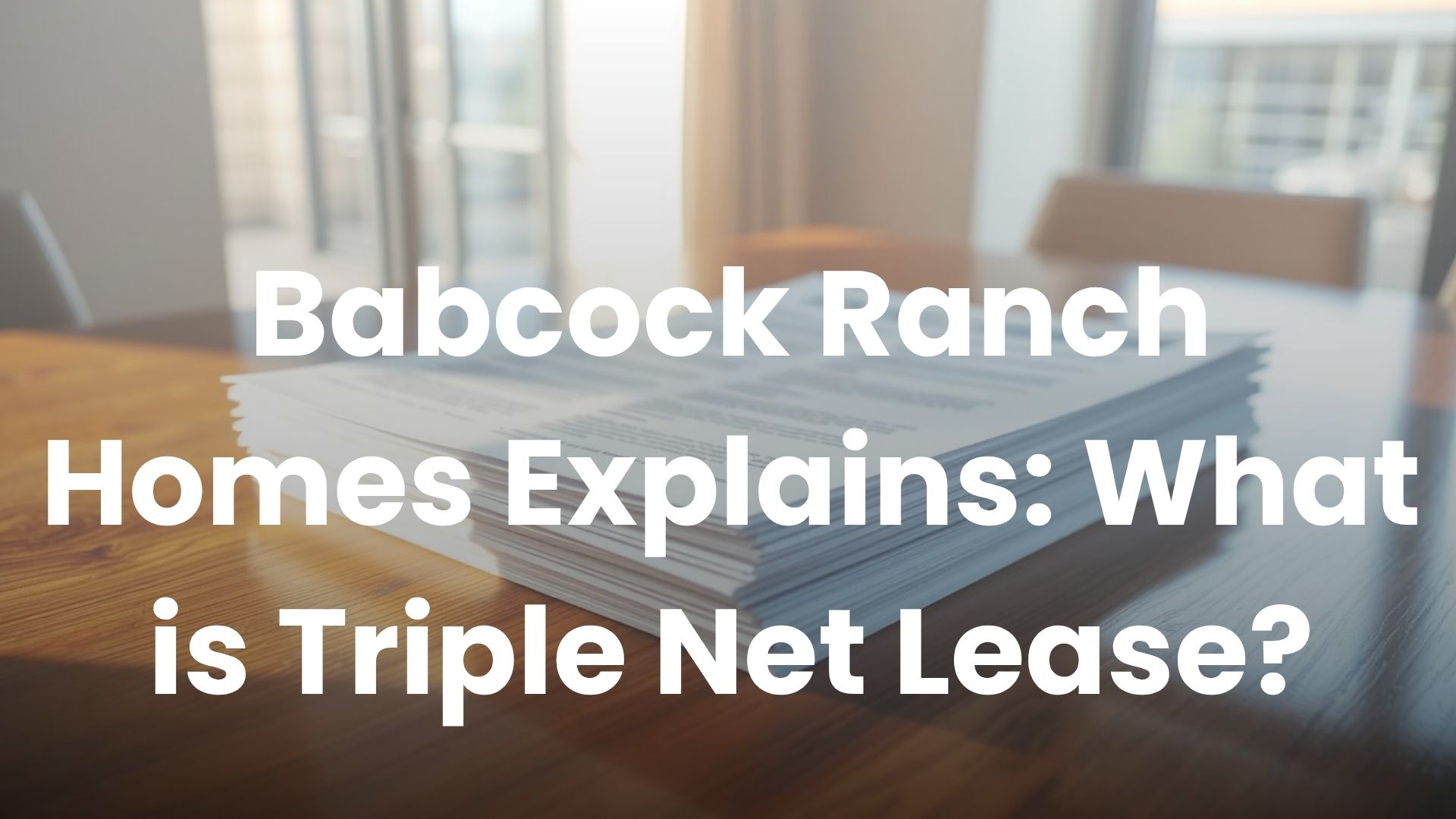When selling property, understanding fee structures can significantly impact your financial outcome. Traditionally, standard percentages hovered around 6%, but recent shifts show averages dipping closer to 5%. This change stems from evolving market dynamics and upcoming legal adjustments expected in July 2024.
Partnering with knowledgeable professionals ensures clarity in this process. Babcock Ranch Homes, serving Florida’s Babcock Ranch community, offers tailored support for sellers navigating these updates. Their team can be reached at 518-569-7173 for personalized advice.
Every transaction is unique. Factors like marketing efforts, local demand, and an agent’s expertise influence service costs. For example, agents investing in advanced listing strategies or buyer outreach may justify higher rates through stronger results.
Market trends now favor flexibility. Sellers are increasingly discussing customized arrangements rather than accepting flat percentages. This approach aligns fees with outcomes, creating fair value for both parties.
Key Takeaways
- Average service fees are declining, influenced by legal and market changes.
- July 2024 regulatory shifts may further alter fee structures nationwide.
- Local expertise matters—agencies like Babcock Ranch Homes provide region-specific insights.
- Service costs often reflect marketing quality and sales strategy effectiveness.
- Custom agreements are becoming standard practice in property transactions.
Understanding Real Estate Commission Structures
Fee arrangements in property transactions directly shape your final profit margins. While many assume fixed percentages apply universally, modern practices offer flexibility. Let’s break down how these systems work and what’s shifting in 2024.
Traditional Commission Splits and Percentages
Historically, listing and buyer representatives split fees evenly. A 6% total fee—common in past decades—typically divided into 3% for each party. For a $500,000 home sale, this equals $15,000 per agent. However, this model faces scrutiny as markets evolve.
Recent Trends and Changing Rates
Average fees now hover near 5%, with some agencies offering tiered plans. Discount brokers may charge 1-2%, while full-service firms like Babcock Ranch Homes combine competitive rates with advanced marketing. Their Florida agents tailor plans to local demand, ensuring sellers retain more equity.
| Service Type | Average Fee | Included Features |
|---|---|---|
| Full-Service Agency | 4.5-5.5% | Professional photos, open houses, buyer outreach |
| Discount Broker | 1-3% | Basic listing, limited marketing |
| Hybrid Model | 3-4% | Custom packages (e.g., virtual tours only) |
Legal changes also play a role. New transparency rules empower buyers and sellers to compare options. This shift encourages agents to justify their value through measurable results like faster sales or higher offers.
Market Influences on Commission Rates
Geographic location and regulatory updates significantly shape service fees in property transactions. While some costs remain consistent nationally, regional dynamics often dictate what’s reasonable. Understanding these variables helps homeowners maximize returns while maintaining fair partnerships with professionals.
Local Market Variations and Regional Factors
Urban markets like Miami often see lower percentage fees due to high demand and faster sales cycles. In contrast, rural areas may require more marketing effort, justifying slightly higher rates. Florida’s Babcock Ranch community, for example, balances competitive pricing with personalized strategies tailored to seasonal buyer patterns.
Inventory levels also play a role. Markets with limited listings often empower agents to command premium fees. Conversely, saturated areas encourage flexible arrangements to attract clients. The National Association of Realtors notes these disparities, urging sellers to research local benchmarks before setting expectations.
Impact of Legal Changes and Upcoming July 2024 Reforms
A federal lawsuit resolved in late 2023 mandates clearer disclosure of buyer agent commission offers. Starting July 2024, listing agreements must detail these payments upfront, shifting negotiation dynamics. This transparency allows homeowners to discuss fees more openly while retaining control over transaction costs.
The reforms also reduce the influence of traditional splits promoted by the National Association of Realtors. Sellers can now structure payments based on specific services rather than default percentages. For instance, offering a 2% buyer agent commission instead of 3% could save thousands without deterring qualified prospects.
Adapting to these changes requires expertise. Firms like Babcock Ranch Homes guide clients through updated requirements while optimizing outcomes. Their agents balance compliance with creative solutions, ensuring smooth transitions during this regulatory shift.
how to negotiate real estate commission
Proactive questioning can unlock better terms during agent agreements. Start by comparing service packages from different professionals. This approach reveals value differences while establishing mutual expectations.

Key Questions to Ask Your Agent
Prepare these essential inquiries before discussing terms:
- “What specific activities justify your fee percentage?”
- “Are there administrative charges beyond the base rate?”
- “How does your commission structure compare to local averages?”
Industry leader Kevin Van Eck advises: “Transparent agents welcome these questions. Hesitation often signals inflexible pricing models.”
| Service Tier | Average Rate | Key Inclusions |
|---|---|---|
| Premium | 4.5-5% | 3D tours, targeted ads, buyer screening |
| Standard | 3-4% | Professional photos, open houses |
| Basic | 1-2% | MLS entry only |
Leveraging Multiple Listing Opportunities
Share competing proposals respectfully. Many professionals adjust rates when aware of alternatives. RE/MAX founder Dave Liniger notes: “Smart sellers use market data—not ultimatums—to encourage flexibility.”
Consider hybrid arrangements. Some agents reduce percentages for homes needing minimal staging or those in high-demand neighborhoods. Always clarify what “full service” means in your local market.
This strategic groundwork prepares homeowners for productive partnerships. The next section explores maintaining clear communication throughout transactions.
Effective Agent Communication and Partnership
Successful property transactions thrive on clear dialogue between homeowners and their representatives. Establishing mutual understanding early prevents misunderstandings and aligns goals. This foundation becomes especially critical when discussing financial terms and service expectations.

Building Trust and Transparency in Your Negotiations
Open conversations about expectations create stronger partnerships. A recent case involved a seller who saved $8,500 by discussing tiered pricing with three local agents. One professional proposed a sliding scale: 4% if the home sold within 30 days, decreasing to 3.5% after that period.
Agents at Babcock Ranch Homes emphasize proactive updates. “Weekly progress reports and expense breakdowns build confidence,” explains their lead broker. This approach helped a recent client adjust marketing tactics mid-campaign, attracting three competitive offers above asking price.
Partnering with Trusted Professionals
Experienced agencies streamline transactions through structured communication channels. Babcock Ranch Homes (518-569-7173) uses customized checklists to track:
- Marketing milestones
- Buyer feedback analysis
- Cost-benefit updates for staged showings
Their Florida team recently guided a first-time seller through multiple offers. Transparent discussions about commission structures enabled a 5% fee agreement with performance-based incentives. The home sold for 2% over market value within 18 days.
| Service Level | Communication Frequency | Cost Impact |
|---|---|---|
| Premium | Daily updates | Higher initial fee |
| Standard | Bi-weekly meetings | Market-average rates |
| Basic | Monthly summaries | Reduced pricing |
Maintaining organized records of all discussions protects both parties. Digital tools like shared document portals ensure transparency throughout the process. This preparedness becomes valuable when reviewing final sale paperwork or addressing unexpected issues.
Using Value-Added Services for Better Rates
Smart sellers maximize returns by aligning service investments with agent partnerships. Additional offerings like professional staging or targeted advertising often justify adjusted fee structures. These upgrades enhance property appeal while creating room for productive rate discussions.

When to Consider Enhanced Marketing and Home Staging
Homes with professional staging sell 25% faster than unstaged properties according to 2023 NAR data. Premium photography packages increase listing views by 118% on average. These outcomes let sellers propose adjusted service fees while maintaining agent motivation.
Consider these scenarios for value-added negotiations:
- Vacant properties needing furniture rentals
- Luxury homes requiring drone photography
- Competitive markets benefiting from virtual tours
| Service Upgrade | Average Cost | Sale Price Impact |
|---|---|---|
| Professional Staging | $1,800-$3,500 | +3-5% final price |
| 3D Virtual Tours | $300-$700 | 14% faster sale |
| Targeted Social Ads | $500-$1,200 | 22% more showings |
Agents at firms like Babcock Ranch Homes often bundle these services into tiered packages. One Florida seller reduced their agent rate by 0.5% after funding $2,100 in staging. The staged home sold in 11 days for 4% above asking price.
Timing matters. Discuss service upgrades before signing listing agreements. Present specific plans like “I’ll cover video production costs if we adjust the percentage.” This collaborative approach builds trust while protecting margins.
Navigating Legal and Contractual Considerations
Clear contracts form the backbone of successful property transactions. Recent reforms now require full transparency in fee disclosures, making careful review essential before signing. July 2024 updates mandate itemized cost breakdowns, empowering homeowners to spot hidden charges.

Decoding Agreements and Payment Terms
Follow this three-step review process:
- Compare service descriptions against quoted fees
- Highlight clauses about marketing expenses or cancellation penalties
- Verify commission splits between listing and buyer representatives
Real estate attorney Mara Schiff advises:
“Contracts should read like roadmaps, not riddles. If terms confuse you, demand plain-language explanations.”
| Contract Element | Purpose | Red Flags |
|---|---|---|
| Fee Disclosures | Breakdown of all transaction costs | Vague terms like “miscellaneous expenses” |
| Service Terms | Defines agent responsibilities | No performance guarantees |
| Termination Clause | Exit conditions | Excessive cancellation fees |
Avoid common pitfalls by requesting amendments in writing. Many agents now offer modified agreements addressing 2024 disclosure rules. For example, some Florida brokers provide checklists explaining each fee’s purpose.
Recent lawsuits have reshaped industry standards. The National Association of Realtors now requires members to:
- Disclose compensation options upfront
- Separate service fees from administrative costs
- Provide fee comparison charts
Always consult professionals when reviewing documents. Firms like Babcock Ranch Homes (518-569-7173) simplify complex terms through annotated contract reviews. Their specialists recently helped a seller identify $4,200 in unnecessary charges buried in boilerplate text.
Conclusion
Mastering fee discussions requires strategy and market awareness. Current trends favor flexible arrangements, with many professionals offering tiered service plans. Understanding local benchmarks and legal updates ensures you secure fair terms aligned with results.
Key tactics include comparing agent proposals and clarifying service inclusions. Always ask about performance guarantees or hidden fees. Transparent partnerships thrive when both parties agree on measurable goals, like faster sales timelines or premium staging investments.
Babcock Ranch Homes exemplifies this approach. Their Florida team combines market expertise with tailored strategies, helping sellers navigate evolving regulations. Reach them at 518-569-7173 for insights specific to your property goals.
Empower yourself by reviewing service tiers and recent sales data before finalizing agreements. With informed preparation, you can confidently structure partnerships that maximize returns while maintaining professional standards. Take action today to transform your next transaction.

